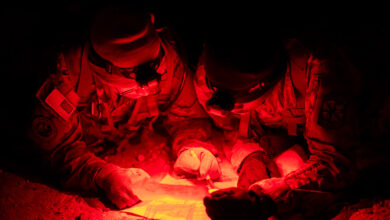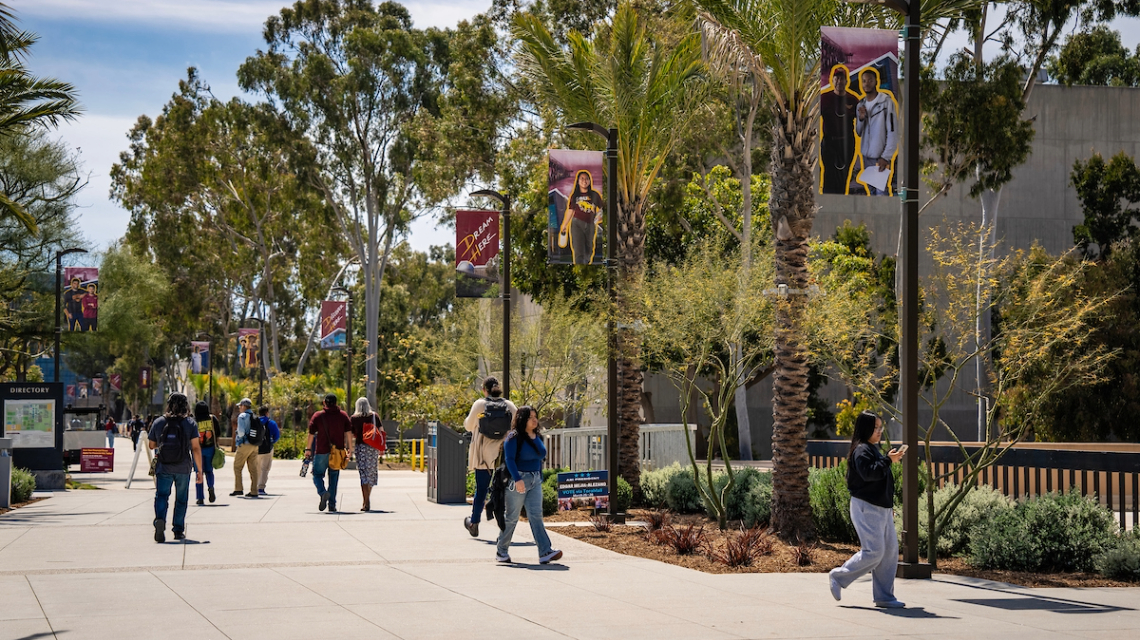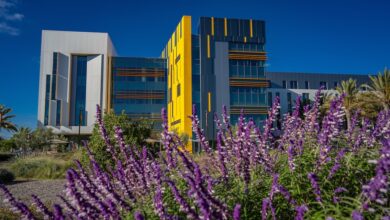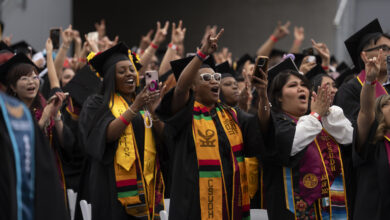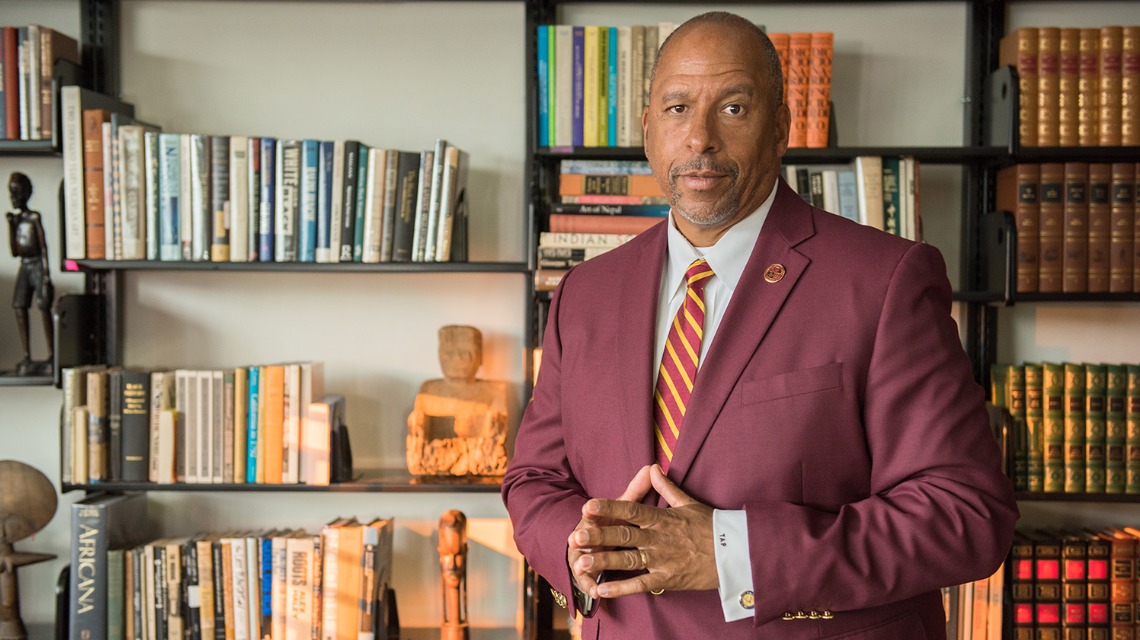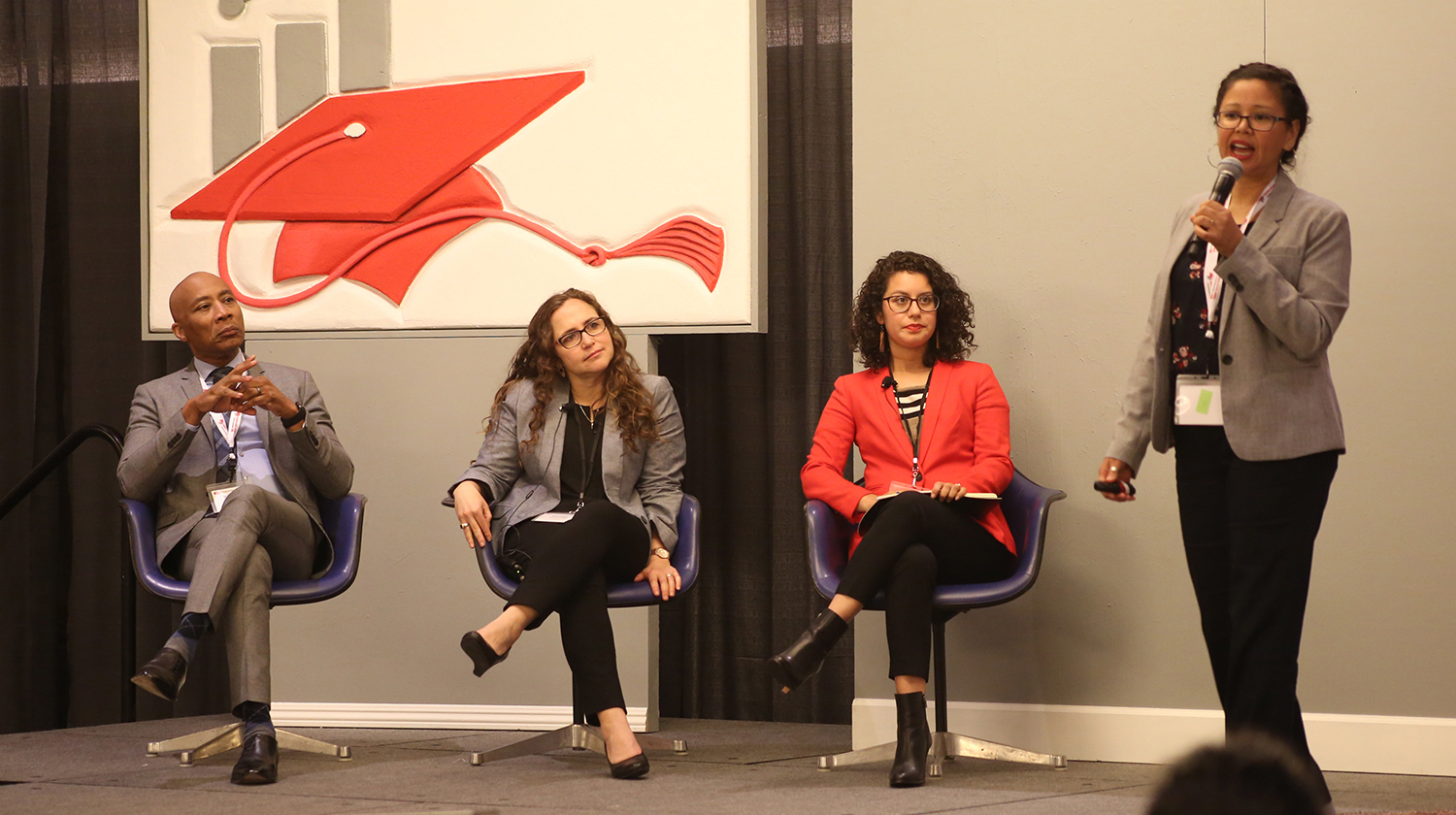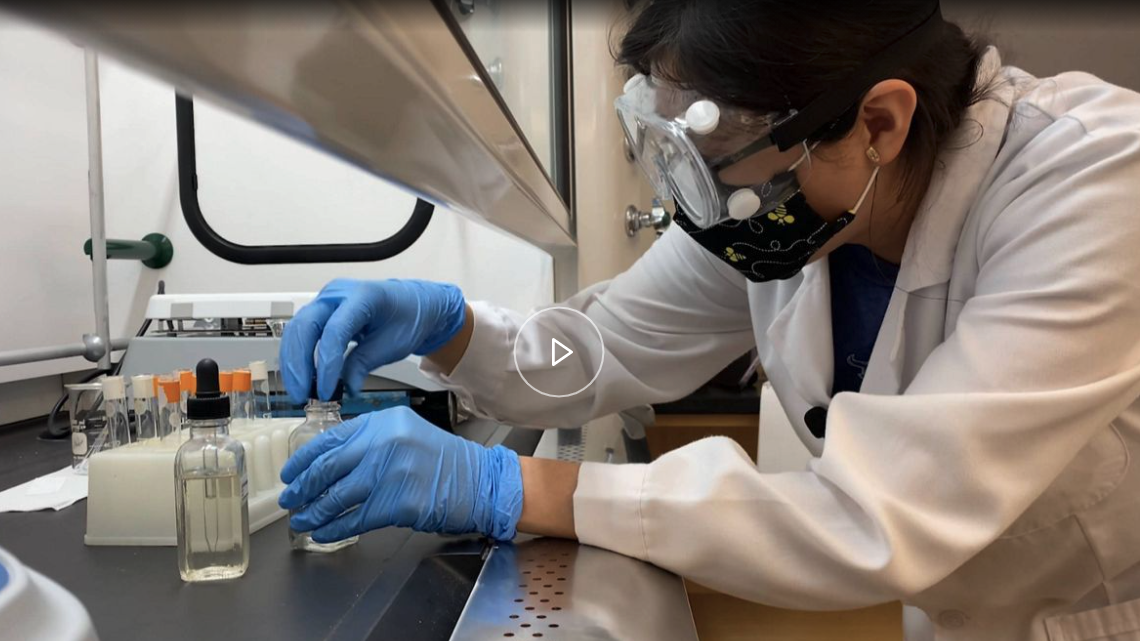
Source: Spectrum News 1
CARSON, Calif. – When Berenice Rojas was young, she would wake up at 4 a.m. to cross the U.S., Mexico border for school and pick lemons in the Arizona fields with her parents on the weekends.
At 28 years old, Rojas works on science experiments at the organic chemistry lab at California State University, Dominguez Hills. While attending school, she also balances a full-time job and married life.
“The fact that I am here, and the fact that I was able to accomplish so much is because of all the experience that I’ve had,” she said. “I wouldn’t change it for anything.”
What Rojas wants to accomplish is a way to solve everyday climate change problems that affect agriculture workers like her mother and father.
Rosalía and Miguel Rojas, who have harvested fields in Arizona for decades, said things have noticeably changed, such as the number of hot days every year.
“The temperatures have reached 115 to 120 degrees,” Rosalía Rojas said in Spanish.
Crops are failing, and trees are producing less fruit, she has noticed.
“When we first started doing this job we could fill a box of lemons from one tree, now it takes three to four trees to fill one box,” she said.
This all translates to shorter growing and harvesting seasons.
“Last harvest season we finished in January,” Rosalía Rojas said. “Usually, we would have worked well into March or April.”
Worried about their physical and financial wellbeing and that of her community, Berenice Rojas – who already has an associate’s degree in science and agriculture production – has set out to get a chemistry degree to dedicate her career to address the impacts of climate change.
“It’s their only option, working the fields,” she said. “That’s everything they have.”
Her commitment has earned her the 2021 CSU Trustees’ Award for Outstanding Achievement. This will mean that Berenice Rojas, who put her education on hold for several years to support her family, will now be able to focus on her education and solutions to these pressing issues.
“In order to understand what’s going on we need to do chemistry. We need to do physics. We need to do math,” she said.
Whether it is genetically engineering drought-resistant crops or replenishing the soil, there is much work ahead of her, but she is more than ready. After all, hard work is nothing new for her.


